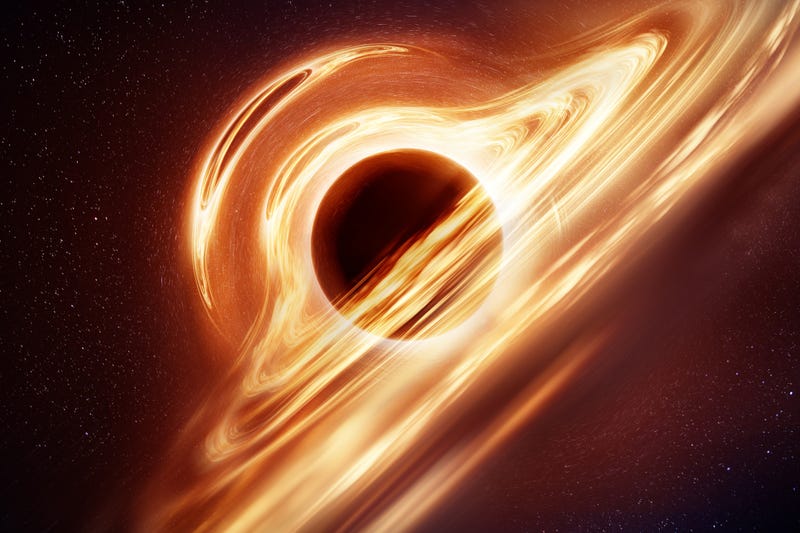
Astronomers have discovered a black hole dated to be from 400 million years after the Big Bang, now believed to be the oldest ever discovered.
The findings were published in the journal Nature but completed by a team out of the University of Cambridge. The international team discovered the black hole thanks to the James Webb Space Telescope.
Lead author of the report, Professor Roberto Maiolino, said that the findings are a “giant leap forward” in space discovery.
The black hole is said to be a few million times the mass of our sun and exists so early in the universe that it is challenging how astronomers thought they formed and grew.
“It’s very early in the universe to see a black hole this massive, so we’ve got to consider other ways they might form,” Maiolino said. “Very early galaxies were extremely gas-rich, so they would have been like a buffet for black holes.”
Before this discovery, astronomers thought that supermassive black holes found at the center of galaxies grew to their current size over billions of years, but the size of the new black hole suggests that they might form in other ways, being “born big,” instead of growing.
The standard models astronomers follow say that supermassive black holes are formed in the remnants of dead stars that have collapsed. If it grew in an expected way, the newly detected black hole would have taken billions of years to grow to its current size.
The problem with this is that astronomers do not think the universe was billions of years old when the black hole was detected.
As for how astronomers discovered the black hole, Maiolino says that the leap forward in space observations made by the James Webb Space Telescope has made this the most exciting time in any astronomer’s career.
“It’s a new era: the giant leap in sensitivity, especially in the infrared, is like upgrading from Galileo’s telescope to a modern telescope overnight,” he said. “Before Webb came online, I thought maybe the universe isn’t so interesting when you go beyond what we could see with the Hubble Space Telescope. But that hasn’t been the case at all: the universe has been quite generous in what it’s showing us, and this is just the beginning.”
